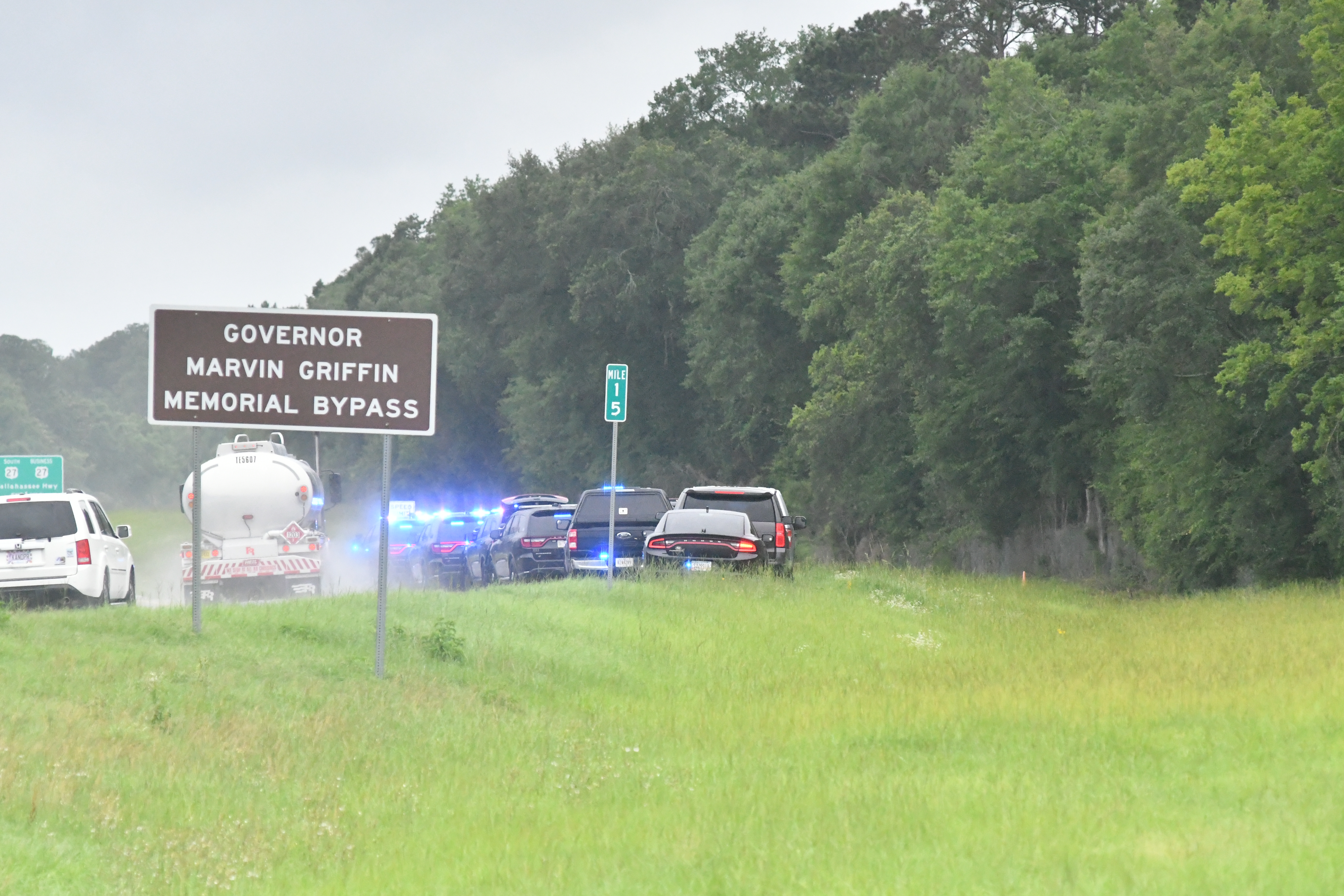The price they paid
Published 3:08 pm Friday, July 3, 2009
What does the Fourth of July mean to you?
Parades?
Fireworks?
A day off from school or work?
Unfortunately, many of you know very little about the true meaning of the birthday of our country. On July 4, 1776, John Hancock, who was President of the Continental Congress, and Charles Thomsom, who was secretary, signed the Declaration of Independence, a document that stated we were no longer willing to be ruled by the British.
July 4, 1776, started the American Revolution that was fought until it ended after the War of 1812.
Have you ever wondered what happened to those who signed the Declaration of Independence?
Five signers were captured by the British as traitors, and tortured before they died. Twelve had their homes ransacked and burned. Two lost their sons in the Revolutionary Army, another had two sons captured. Nine of the 56 fought and died from their wounds or the hardships of the Revolutionary War.
What kind of men were they?
Twenty-four were lawyers and jurists. 11 were merchants, nine were farmers and large plantation owners (men of means and well educated), but they signed the Declaration of Independence knowing full well that the penalty would be death if they were captured.
They signed and they pledged their lives, their fortunes and their sacred honor.
Carter Braxton of Virginia, a wealthy planter and trader, saw his ships swept from the seas by the British Navy. He sold his home and properties to pay his debts, and died in rags.
Thomas McKeam was so hounded by the British that he was forced to move his family almost constantly. He served in Congress without pay, and his family was kept in hiding. His possessions were taken from him, and poverty was his reward.
Vandals, soldiers or both, looted the properties of Ellery, Clymer, Hall, Walten, Gwinnett, Heyward, Rutledge and Middleton.
At the Battle of Yorktown, Thomas Nelson Jr. noted that the British General Cornwallis had taken over the Nelson home for his headquarters. Nelson quietly urged Gen. George Washington to open fire, which was done. The home was destroyed, and Nelson died bankrupt.
Francis Lewis had his home and his properties destroyed. The enemy jailed his wife and she died within a few months. John Hart was driven from his wife’s bedside as she was dying. Their 13 children fled for their lives. His fields and his grist mill were laid to waste. For more than a year, he lived in forests and caves. Returning home after the war to find his wife dead and his children vanished. A few weeks later, he died from exhaustion and a broken heart.
Norris and Livingston suffered similar fates.
Such were the stories and sacrifices of the American Revolution. These were not wild-eyed, rabble-rousing ruffians. They were soft-spoken men of means and education. They had security, but valued liberty more. Standing tall, straight and unwavering, they pledged: “For the support of this Declaration, with firm reliance on the protection of the Divine Providence, we mutually pledge to each other, our lives, our fortunes and our sacred honor.”
They gave us an independent America … can we keep it?
If you are interested in tracing your ancestors back to the American Revolutionary War, please contact Neal Spooner at (229) 774-2227, Larry Grant at 861-2896 or Tom Peters at (229) 309-2783.
Submitted by the Joel Early Chapter of the Sons of the American Revolution





